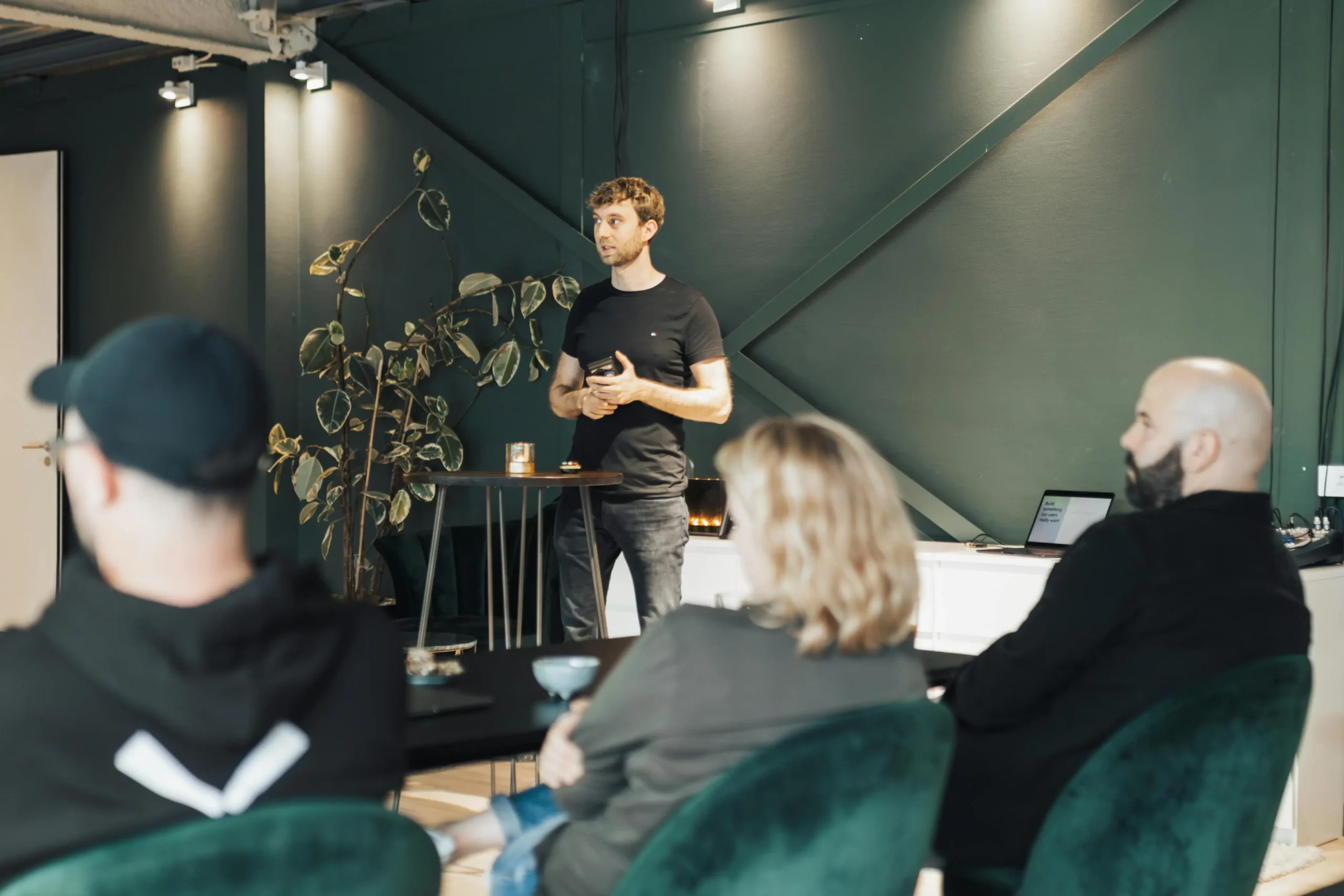At a glance:
- Share photos, videos, and testimonials to keep the buzz alive and engage your audience.
- Highlight successes and key milestones to showcase the event’s impact and value.
- Gather and review data to understand performance and inform future event strategies.
Imagine this: your corporate event was a resounding success. The presentations were flawless, the audience was captivated, and the networking opportunities were abundant. And now that the applause has faded, and the last guest has left, what’s next? This is where the real work begins. Completing your event is only half the battle. Post-event activities are crucial to truly maximising your event’s impact. Let’s dive into the essential steps you need to take to ensure your event continues to yield benefits long after the final curtain call in your corporate event management strategy.
The Importance of Post-Event Activities
Once your event concludes, the momentum you’ve built should not come to a standstill. Post-event activities are vital for leveraging the success of your event and setting the stage for future endeavours. Following up with attendees, analysing data, and creating engaging content are all essential to maximise the event’s impact and achieve your corporate goals.
In this blog post, we’ll guide you through the crucial steps to take after your event, from creating engaging social media content to conducting thorough event reviews. By implementing these strategies, you can ensure your event continues to deliver value and sets a strong foundation for your next big corporate gathering.
What to Do After Successfully Completing Your Corporate Event
Create Engaging Social Media Content

Your event might be over, but the buzz should continue. Share photos, videos, and testimonials that highlight the best moments. Social media platforms are perfect for extending the life of your event, engaging attendees, and reaching new audiences.
Visual content is king. Use high-quality photos and videos to create posts that capture the essence of your event. Testimonials from attendees add authenticity and can be very persuasive for promoting future events.
Respond to comments and encourage followers to share their experiences to keep the conversation going. This engagement fosters a sense of community and keeps your audience connected to your brand.
Use this opportunity to build excitement for upcoming events. Conduct polls and surveys to gather feedback and understand what attendees loved or what could be improved. This information is invaluable for planning future events.
Develop Comprehensive Case Studies
Case studies are powerful tools for demonstrating the impact of your event. Highlight the successes and key milestones achieved to showcase the value of your event.
Include testimonials to add credibility and provide different perspectives on the event’s success. These personal accounts can be very persuasive in your marketing efforts.
Transparency about the challenges faced and how they were overcome can enhance your credibility. It shows your problem-solving capabilities and the effectiveness of your event management strategies.
Emphasise how the event benefited your business or community. Whether it’s increased brand awareness, new partnerships, or direct sales, make sure to underline the tangible outcomes.
Collect and Analyse Event Data

Data is key to understanding your event’s performance. Collect information from various sources to get a comprehensive view of your event’s impact.
Dive deep into the data to identify trends and insights. Analyse attendance rates, engagement levels, and other critical metrics to assess what worked and what didn’t.
Understanding these elements helps in refining your strategies for future events. Identify strengths to capitalise on and areas for improvement to ensure even greater success next time.
Detailed reports provide a clear picture of your event’s performance and can inform future event planning. These reports are essential for continuous improvement and strategic planning.
Conduct a Thorough Event Review
Gather your team for a debriefing session to discuss the event. This collaborative review is crucial for capturing different perspectives and insights.
Discuss the positives and negatives openly. Document what went well and identify areas that need improvement. This will be invaluable for future event planning.
Creating a record of lessons learned ensures that your team can refer back to these insights when planning future events. This helps continuously improve your event management process.
Encourage team members and key stakeholders to provide feedback. Their input can offer new insights and help improve future events.
Thank Your Team and Participants
Recognise the effort your team put into making the event a success. Acknowledging their hard work fosters a positive work environment and motivates them for future projects.
Personalised thank-you notes or emails to team members, speakers, sponsors, and attendees show appreciation and build stronger relationships.
Celebrate the successes and individual contributions. This will not only boost morale but also highlight the teamwork that made the event successful.
Consider a post-event celebration if possible: Hosting a post-event celebration or team-building activity is a great way to thank your team and strengthen bonds.
Share Success Stories and Testimonials
Sharing success stories and positive feedback on your platforms builds credibility and attracts future participants.
Testimonials from satisfied attendees can be powerful marketing tools. Use them to showcase the success of your event and attract new clients.
Including case studies in your newsletters and marketing materials can demonstrate your expertise and the value of your events.
Plan Follow-Up Actions
Identify ways to keep the momentum going by staying engaged with your attendees. Regular updates and interactions can keep your audience connected to your brand.
Use the insights and feedback gathered to plan future events. This ensures that your next event is even more successful.
Having a timeline for implementing improvements and new strategies ensures that your event planning process is always evolving and improving.
Regular communication with your audience keeps them engaged and interested in your future events. Use emails, social media, and other channels to maintain this connection.
In summary, the key steps to take after a successful corporate event include creating engaging social media content, developing comprehensive case studies, collecting and analysing event data, conducting a thorough event review, thanking your team and participants, sharing success stories and testimonials, and planning follow-up actions.
Continuous improvement and ongoing engagement are crucial for maximising the success of your events. By implementing these strategies, you can enhance future events and achieve long-term success.
We, as a professional event management agency, encourage you to implement these strategies to ensure that your corporate event management efforts yield the best possible results. By focusing on post-event activities, you can build on your success and create even more impactful events in the future.


